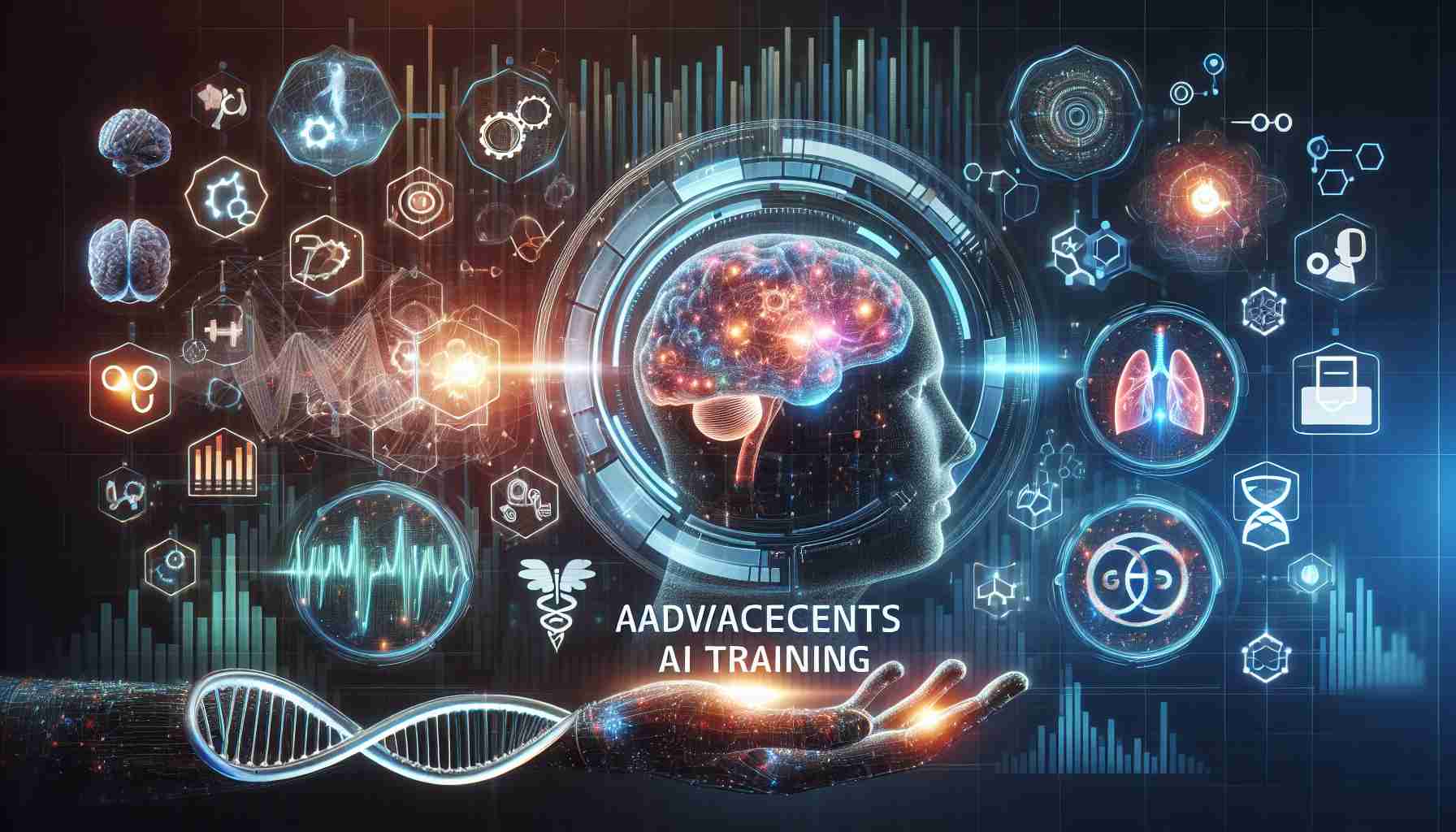AI Runs Low on Training Material: Synthetic Data to the Rescue
In the fast-developing world of artificial intelligence (AI), one of the emerging challenges is the scarcity of fresh data to improve AI models. As vast tracts of the internet have been scoured to bring AI chatbots to their current level of sophistication, finding novel datasets has become increasingly tough.
Synthetic Data: A Controversial Solution
AI experts have come up with a controversial solution: generating new data through AI itself. This so-called ‘synthetic data’ can train AI models. However, some experts caution that quality may degrade over time since these models often rehash previous creations instead of generating new concepts. The risk here is that AI may end up circulating a limited scope of information in different permutations rather than expanding its knowledge.
Healthcare AI: A Different Breed
Distinctly, synthetic data bears great significance in certain fields such as healthcare where privacy concerns limit the use of real-world data. Companies like Syntho are pioneering the generation of synthetic data resembling real patient records. This AI-manufactured data retains the statistical structure of original datasets but ensures absolute anonymity, thus preserving patient confidentiality.
A New Frontier in AI Training
The application of synthetic data in healthcare AI is a groundbreaking development. It enables the construction of AI systems without directly accessing sensitive patient information. This innovation promises to accelerate the creation of new treatment methodologies and advance diagnostic capabilities. To validate their efficacy, AI models trained on synthetic data are thoroughly tested against real-world data, confirming their accuracy and reliability prior to deployment.
Synthetic Data: A Tool for Ethical AI Development
Finally, synthetic data serves as a means to calibrate AI models and mitigate biases during training. This empowers developers to refine AI systems and tailor them to specific needs while maintaining ethical standards in AI development. Reliable data is the foundation of trustworthy AI outcomes, a principle upheld by industry professionals in the pursuit of technological progress in healthcare and beyond.
Important Questions and Answers:
1. What is synthetic data and how is it used in AI training?
Synthetic data is artificially generated information that mimics real data, used to train AI models. It can be especially useful in situations where real data is scarce, sensitive, or expensive to acquire. In the healthcare sector, it helps in creating AI solutions without risking patient privacy.
2. What are the key challenges associated with using synthetic data in AI?
A major challenge is ensuring the quality of synthetic data. If the generated data is not varied enough or is based on existing biases, AI models may not produce generalizable and accurate results. Validating and ensuring that synthetic data are of high quality are essential steps in AI training.
3. Why is synthetic data controversial?
The controversy stems from concerns that AI may not create truly novel information, instead replicating existing data in different forms. There’s fear that this could lead to AI models that are not robust or novel, potentially circulating limited information.
4. What are the advantages of using synthetic data in healthcare AI?
The advantages include preserving patient privacy and confidentiality, increasing the availability of data for AI training, advancing diagnostic capabilities, and developing new treatment methodologies. It also can help to avoid biases present in real-world datasets and calibrate AI models more ethically.
5. Are there disadvantages to using synthetic data?
A primary disadvantage is the potential of compromising data quality or introducing artificial biases, which could lead to inaccurate AI models. It requires complex validation techniques to ensure the synthetic data-generated AI models are applicable and safe for real-world applications.
Key Challenges and Controversies:
– Privacy and Security: While synthetic data preserves privacy, there’s a perpetual challenge of ensuring that it cannot be reverse-engineered to reveal sensitive real-world data.
– Quality Control: Synthetic data needs to be accurate and diverse to effectively train AI. There’s a challenge in creating and validating high-quality data that truly benefits healthcare AI.
– Regulatory Scrutiny: The use of synthetic data in healthcare must meet strict regulatory standards to ensure patient safety and efficacy of AI applications.
Advantages:
– Privacy Protection: Synthetic data can be shared and used without violating patient privacy.
– Cost Efficiency: It removes the high costs associated with data collection and labeling.
– Scalability: AI systems can be trained on large datasets that wouldn’t be possible with real data due to scarcity or accessibility issues.
– Research and Development Speed: Rapid generation of synthetic datasets can accelerate R&D in the healthcare sector.
Disadvantages:
– Potential for Bias: If the base data has biases, the synthetic data may perpetuate or even exacerbate them.
– Quality Assurance: Continuous effort is required to ensure that the synthetic data maintains high fidelity to real-world complexity.
– Generalization: Models trained on synthetic data might not generalize well to real-world data if not validated properly.
Related links that cover the broader domain of artificial intelligence include:
– Google AI for updates on Google’s latest AI research and tools.
– IBM Watson for information on IBM’s AI and machine learning offerings, specifically in healthcare.
– OpenAI for reading about cutting-edge AI research and development by one of the leading AI research organizations.
– MIT to explore AI advancements and research studies from the Massachusetts Institute of Technology.

